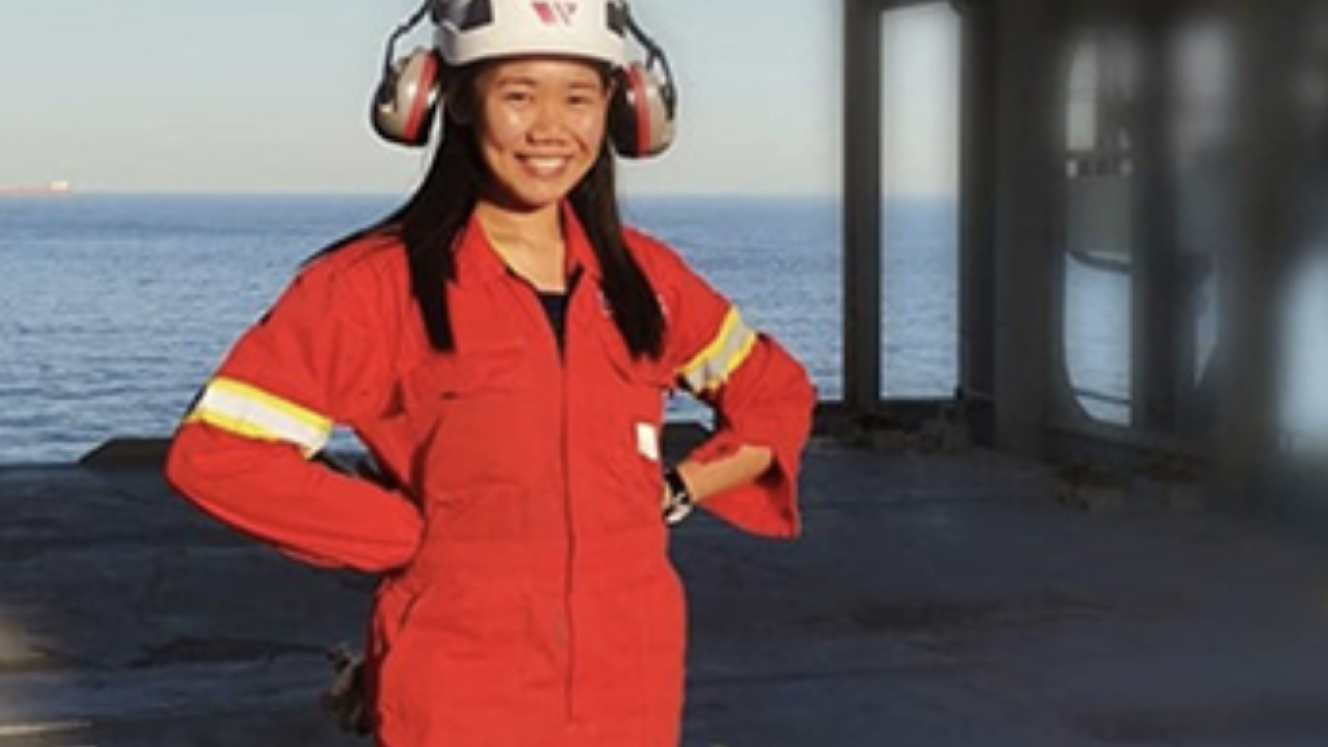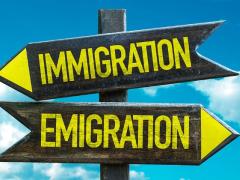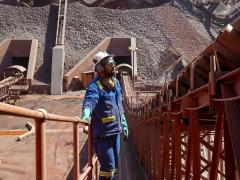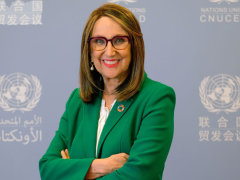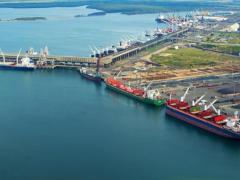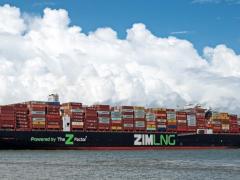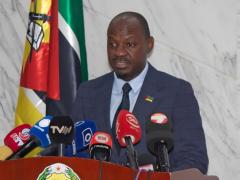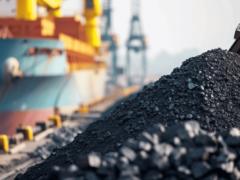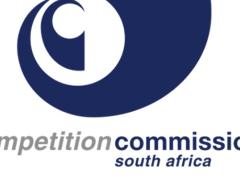The International Maritime Organization is stepping up efforts to prepare seafarers for shipping’s energy transition, in line with its strategy to cut greenhouse gas emissions from ships.
The organisation has issued ‘Generic interim guidelines on training for seafarers on ships using alternative fuels and new technologies’. These set out an international framework for the development and approval of training of seafarers serving on all ships using alternative fuels and new technologies.
Fuel- and technology-specific interim training guidelines - including for methyl/ethyl alcohol, ammonia, hydrogen, LPG, battery-powered ships and fuel cells - are also being developed.
They are expected to form the basis for mandatory requirements for seafarer training.
Along with regulations, IMO is expanding its support to member states. These include a three-year project funded by Japan to train instructors from Asian countries in operating LNG-fuelled ships.
The organisation has also entered into a partnership with the World Maritime University to produce training materials for seafarers on alternative fuels.
In addition, it will provide support for trainers in developing countries to produce locally relevant courses along with online learning modules through the GreenVoyage2050 Programme.
With new training standards, enhanced technical support for member states and closer engagement with industry and academia, IMO is laying the groundwork for a just and well-prepared energy transition for seafarers.
For more information, see: Preparing seafarers for the energy transition
